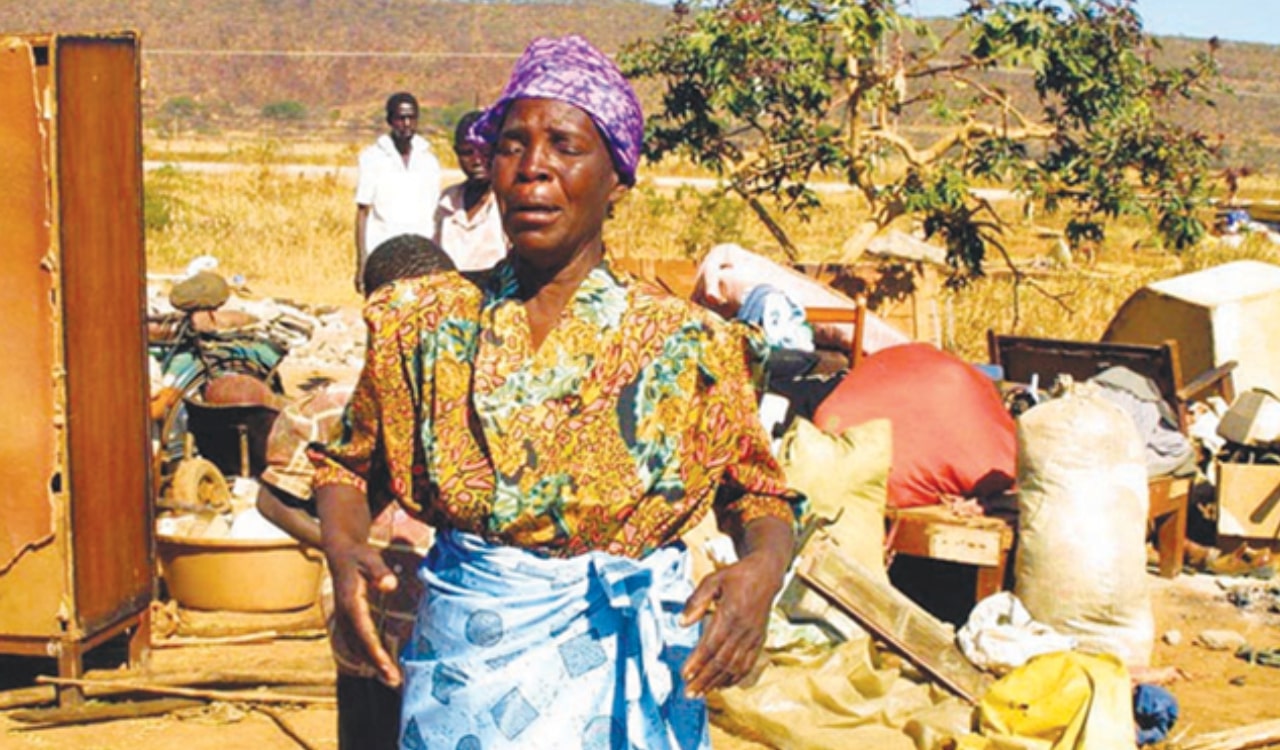Women & Transitional Justice
1. There is need to prioritise and ensure, the meaningful and effective participation of women in all aspects and at all levels of the transitional justice process.
2. Gender must be a cross-cutting issue across all transitional justice areas.
3. Laws must be developed to institutionalise the implementation of gender justice mechanisms. The State, all institutions and agencies of government as well as non-state actors must create conditions that ensure gender balance in transitional justice processes.
4. There must be equal representation of women in all transitional justice processes. In the recruitment policy for commissioners and staff, it is crucial to incorporate gender-based criteria with factors such as class, ethnicity and religion in appointment and recruitment of commissioners and staff.
5. There must be special efforts at investigating and analyzing gender specific crimes and the necessary consequent responses. It must be noted that crimes against women are not limited to sexual offences, and sex crimes are not restricted to women. There must be a multidimensional analysis of gender-related crimes and other dimensions of gender-sensitive experiences.
6. In pursuing prosecution or accountability matters in genderrelated crimes, the rules of superior responsibility and vicarious liability must be applied.
7. A gender-responsive and victim friendly mechanism must be put in place to ensure the needs of the victims are met and to avoid revictimisation.
8. Adequate steps should be taken to address challenges and obstacles that women may face in accessing and participating in transitional justice processes.
9. There is a need to ensure the memorialisation of the full scope of past atrocities against women. The role of women in conflict as combatants, activists and victims must be fully documented and acknowledged.

10. Gender principles must be incorporated into reparations programmes. There must be special programmes to ensure rehabilitation and restitution for women and children through counselling, education, psychosocial support, economic empowerment and adequate compensation in their right.
11. Truth-telling initiatives must uncover and document women’s narratives and experiences of conflict.
12. The role of women in the community in advancing transitional justice and healing processes must be acknowledged.
13. There must be meaningful involvement of men at all levels in promoting gender equality, uplifting and amplifying the role of women in transitional justice and healing process.
